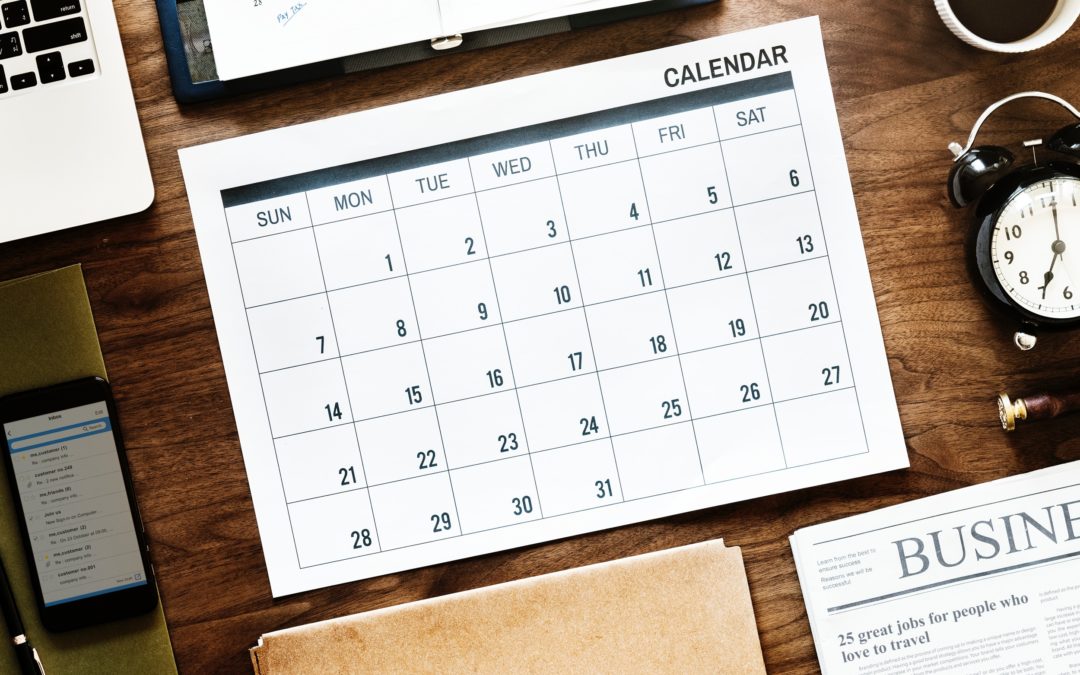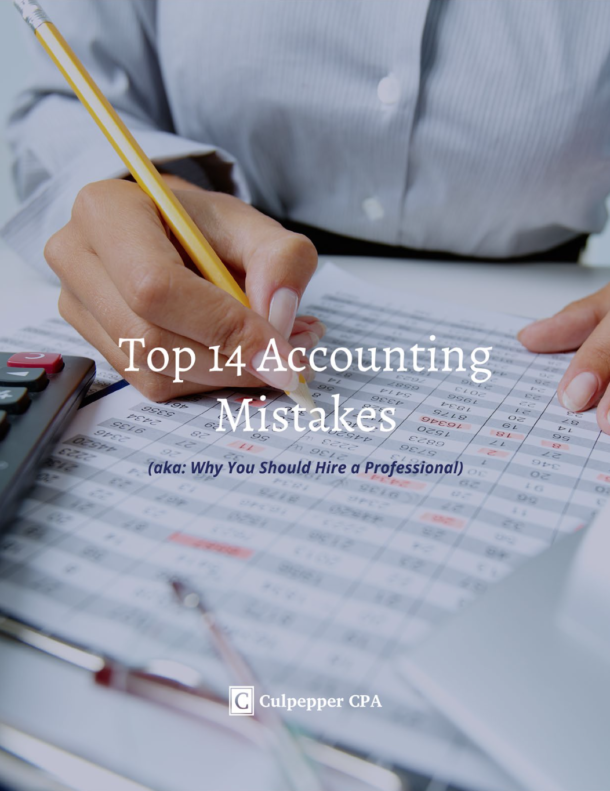For most Americans, the date of April 15th is almost as recognizable as December 25th. But while Christmas means joy, celebration, and peace, Tax Day often means stress and anxiety.
Many people spend a lot of the year dreading Tax Day. Because of this, plenty choose to ignore it until the very last moment. But that strategy will only heap more stress on your plate once it’s time to file.
By getting started on your preparations early, you can make your tax season a lot less painful. Here are 6 tax preparation tips to cut the stress out of your tax-filing season.
1. Organize, organize, organize.
Whether you’re filing your taxes yourself or working with a professional, the key to a stress-free tax season is organization. Sorting through a rat’s nest of checks, receipts, statements, and all the rest of the relevant information is a one-way ticket to frustration and lost time. Even if you’re using a professional to prepare your taxes, you’ll just be adding more expense for yourself, since they’ll have to work harder to make sense of it all.
And either way, it’s important to get the number right. Pay too little, and you’re vulnerable for further liabilities from the IRS upon audit. Pay too much, and you’re giving money away needlessly.
The solution? Organization. Take the time to keep your records straight as you get them throughout the year, and you’ll be saving yourself a major headache in April.
2. Collect all relevant expense and income information.
Toward the end of every January, vendors, employers, financial institutions, and the rest will send you various forms and information relevant to your taxes. The first thing you should do is create a set of files (whether it’s a collection of manila envelopes, one of those large multi-pocketed accordion files, or a digital filing system). Then, separate and organize the records into the following categories:
- Personal information: This includes all pertinent legal names, Social Security numbers, and dates of birth. It’ll help to have your primary bank information on hand, too, such as account and bank routing numbers.
- Income information: This includes things like W-2 forms from employers, 1099 forms for self-employment, retirement distributions, and investments, and K-1s for partnerships.
- Personal expenses: You’ll receive a Form 5498 for any IRA or health savings account contributions from vendors, as well as a Form 1098 for home mortgage interest deductions. But to get the records needed for most deductions, you’ll have to compile credit card statements, bank statements, check registers, and canceled checks.
- Business Information: If you own a small business, work as a freelancer, or have any other side income, you’ll have to record the associated income and expenses separate from your personal information. For example, some expenses can be deducted as a business owner but not as a personal filer. Not sure about what type of information you should save? Just look over Schedule C of Form 1040 for a quick reference guide.
3. Review last year’s taxes.
By and large, the changes from tax year to tax year are going to be minimal. By looking at your tax returns from last year (and even farther back), you may notice areas that might otherwise be easy to overlook.
Things like interest, dividends, or uncommon deductions can slip the mind easily from one April to the next. It’s always a good idea to refresh your memory.
4. Do some good old-fashioned research.
Tax laws (and interpretations of them) are constantly evolving. Every time you file, you should be as up-to-date as possible.
An hour or two of online research will go a long way in helping you have realistic expectations. For example, googling “freelance income” is bound to bring up ample sources relevant to that topic. You really can’t learn too much about self-employment tax. After all, we’re talking about your money—and how much of it you’re allowed to keep.
With that said, CPAs have to pass four major tests to receive their licenses and credentials. We eat, drink, and sleep tax law. No matter how much research you do online, you should still enlist the help of an expert CPA to ensure that you’re dotting every i, crossing every t, and otherwise minimizing your tax liability.
The IRS has made a real effort to make tax forms as simple as possible, thereby reducing the time and energy needed to file your taxes. But the fact remains: preparing your tax return is still no walk in the park. Unless you’re the sort of person who likes to waste time poring over a stack of different tax forms, ready to pull your hair out, it might be a good idea to enlist a little help.
At Culpepper, we love it when our clients are well-informed because we can spend less time passing on tax basics and more time hammering out advanced strategies. Not only will it save you time and headaches, but a seasoned professional will also probably be able to find opportunities to save money you couldn’t.
Do your research, share your thoughts with your tax advisor, and gain the benefit of truly strategic planning.
5. Consider filing early.
Preparing tax returns may be a big part of our lives at Culpepper CPA, but we realize that many people dread “tax season.” You may think of it like a big storm gathering off in the distance. We want you to know that preparing your taxes doesn’t have to be like that.
Employers, vendors, and financial institutions are legally required to mail you the required documents by late January (or in some cases into February). You’ll have to file eventually anyway, so assuming you receive all of your tax documents on time, why not file early? Then, you can focus on other things. You can get your refund—if you’ve got one coming—sooner. You can invest or spend that money sooner. April 15 will be a regular day for you.
We often recommend filing early to individuals and couples whose taxes are relatively straightforward: W2s and a smaller number of itemized deductions. However if you own a business, property other than your home, and investments, then we typically recommend that you file an extension instead of filing early.
Whether it’s advantageous for you to file early or late really depends on your specific situation.
6. Get some outside help.
Speaking of not filing early, many of our clients are still surprised to learn that they don’t have to rush to file their taxes. Though you should receive most of your tax documents by early February, other factors and deadlines are at play. For example, if you have investments in partnerships or S corps, you may not get your K-1s until the end of February or even mid-March.
Taxpayers tend to make mistakes and miss opportunities when they get in a hurry. So rather than scramble to track down that one last form, we always advise our clients to file an extension.
Beyond hitting the pressure release valve, filing an extension has a number of clear benefits and no real drawbacks.
Filing an extension doesn’t cost you anything beyond the taxes you would have to pay anyway, and taking the extra time to gather all your information and prepare your return correctly the first time will save you money and headaches in the long run.
Tax season doesn’t have to be misery.
Paying your taxes doesn’t have to be a major hassle. All too often, taxpayers heap unnecessary stress on their heads through disorganization and procrastination. Follow these simple tips, and you’ll be able to breathe a little easier when April 15 rolls around.
If you’d like to have a professional in your corner, reach out to us. We’d be happy to put our years of education and experience to use for you. We’re ready to take the weight of tax season off of your shoulders. Let’s talk.


